Learning & education: Sleep

This article will explore our current scientific understanding of apigenin’s effects on sleep, its mechanisms of action, and practical considerations for its use as a natural sleep aid.
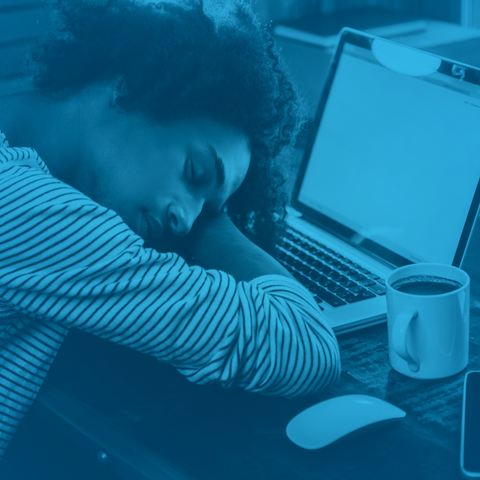
The goals of this article are to explore the different types of naps, their specific benefits, and how napping influences hormones and neurotransmitters where information is available.
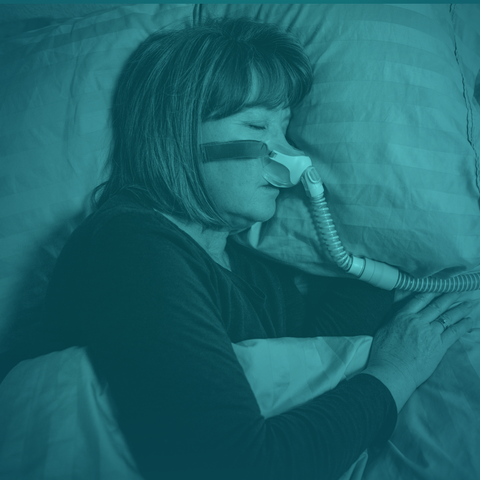
Ever wake up feeling like you barely got any sleep, even after a full night in bed? Or maybe your partner keeps nudging you because of your loud snoring? If this rings a bell, sleep apnea might be the culprit — a condition that's more common than you might realize.
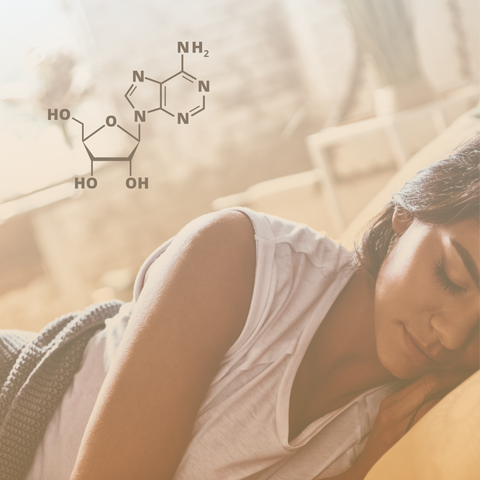
Adenosine is a naturally occurring compound in the body that plays a crucial role in regulating sleep. It is a neurotransmitter that builds up in the brain throughout the day and promotes sleepiness. Caffeine, a widely consumed stimulant, works by blocking the effects of adenosine.
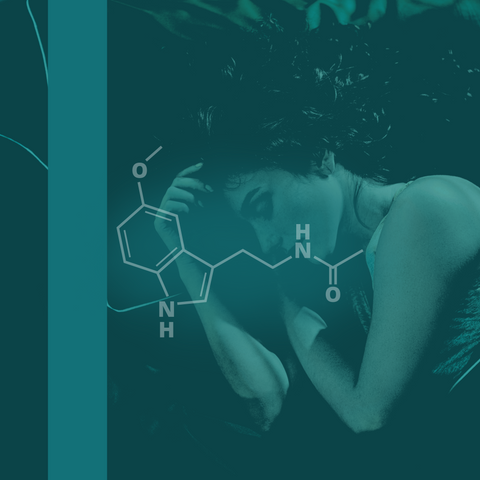
In this article, we'll be exploring 4 ways to naturally increase your melatonin levels through some dietary and lifestyle changes, whether it be lessening exposure to room light, eating foods like eggs and fish more often, or having one less cup of coffee!
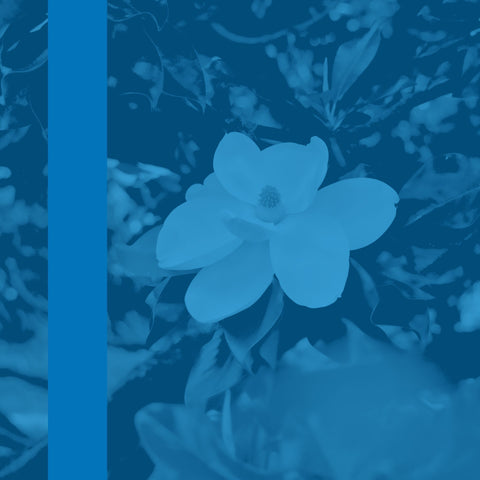
The majestic magnolia tree, celebrated for its aromatic flowers, also harbors a lesser-known gem in its bark. For generations, traditional healers have valued this component, referred to as Houpo when used in traditional Chinese medicine, for its potential to alleviate stress, improve digestion, and enhance overall health.
